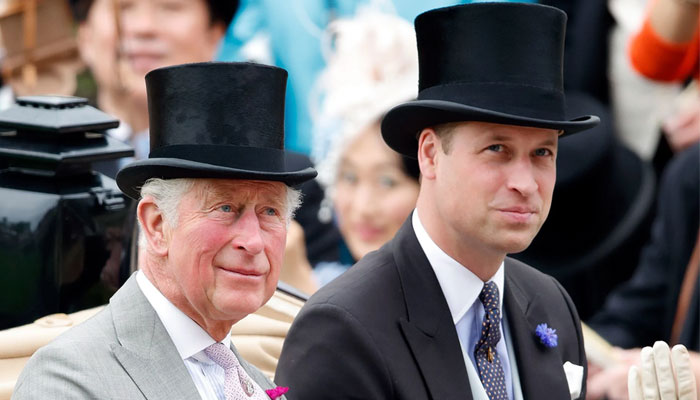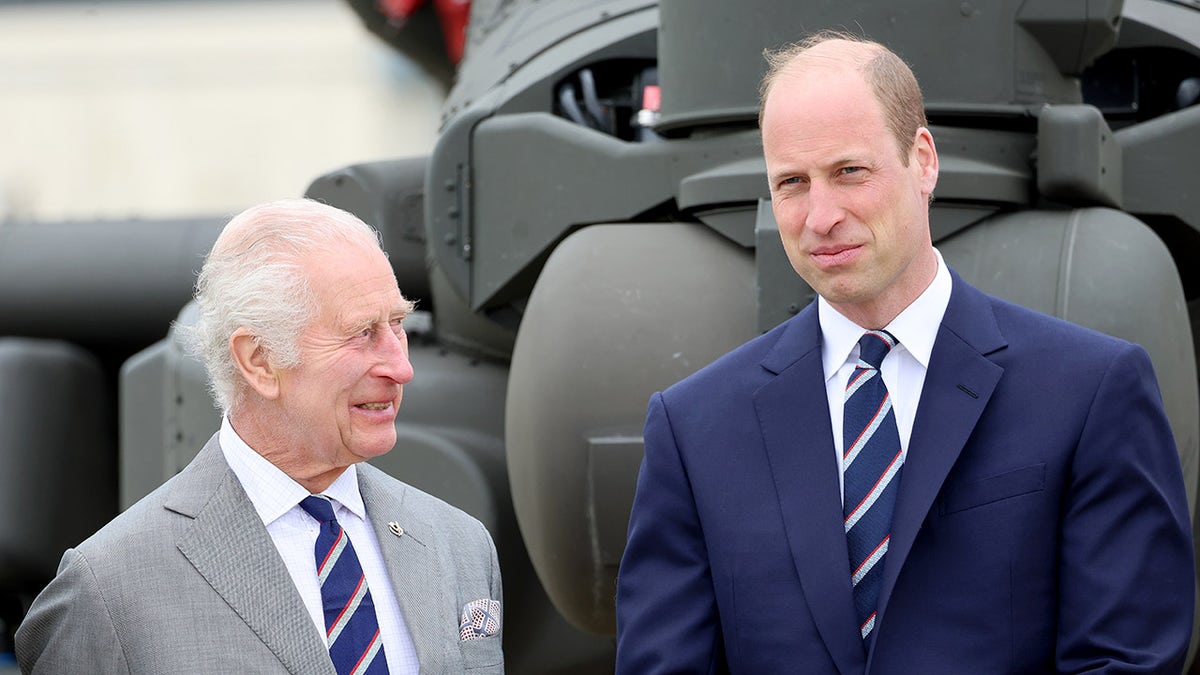Today, we delve into the latest developments surrounding the British Royal Family, particularly focusing on King Charles III and Queen Camilla’s recent decisions and their impact on the future of the monarchy.
Amidst the fallout from Prince Harry’s 2023 memoir Spare—which left many speculating about a possible sequel—King Charles and Queen Camilla have extended a significant olive branch to the family.
They’ve invited Prince Harry, Meghan, and their children to spend time with them in Scotland over the coming weeks.
This gesture not only provides an opportunity for family relaxation but also serves as a critical moment to discuss the monarchy’s strategic planning for the next decade.
The royal household is currently navigating a period of significant transition. King Charles, dedicated to modernizing the monarchy, has introduced a new set of values for royal employees. This update reflects his vision for a refreshed royal purpose, as outlined in the recent Sal Lady Sovereign Grant report. The report highlights that under King Charles’s new reign, the monarchy is set to redefine its mission to better serve the UK and the Commonwealth, aiming to contribute positively to the world.
One pressing concern is the future of the royal succession, particularly in light of Prince George’s young age. At just 10 years old, George’s ascension as head of the family is still far off, prompting King Charles to prioritize safeguards for his grandson’s future. Central to this strategic planning is King Charles’s directive to his eldest son, Prince William, regarding family transportation.

A recent source of tension has been William’s reluctance to adhere to King Charles’s advice on helicopter use for family travel. After being diagnosed with cancer, King Charles, reflecting on his own mortality, has reiterated his late mother’s concerns about family safety. This has led to a formal agreement requiring William to take full responsibility for any associated risks, following a personal insistence from King Charles that he sign a document acknowledging these risks.
Public reaction to King Charles’s stance has been largely supportive, with many praising the prudence of prioritizing the succession’s safety and stability. Despite the personal implications for Prince William and his family, experts and commentators agree that King Charles’s decisions are a testament to his dedication to duty, echoing the legacy of Queen Elizabeth II.

Furthermore, changes in the royal household’s values include the removal of a line from previous reports that emphasized support for different generations of the royal family. This omission is seen as indicative of King Charles’s ambition for a streamlined monarchy, which aims to reduce the number of working royals. The goal is to enhance efficiency and sustainability amid fiscal constraints and evolving public sentiment.
The ongoing adjustments to the monarchy also reflect King Charles’s commitment to ensuring value for money, a pledge that remains steadfast despite the pressures. Known for his tireless work ethic, King Charles has faced frustrations due to his extended recovery from cancer treatments, which have limited his public engagements. Nevertheless, his recent return to duties has reinvigorated his resolve to focus on his royal responsibilities.
In summary, King Charles III’s reign is characterized by a blend of tradition and modernity, as he navigates both personal and institutional challenges. His dedication to modernizing the monarchy, ensuring succession stability, and addressing family dynamics underscores a period of significant transformation for the British Royal Family. Stay tuned as we continue to monitor these developments and their implications for the future of the monarchy.
